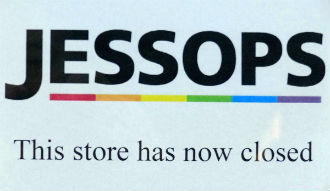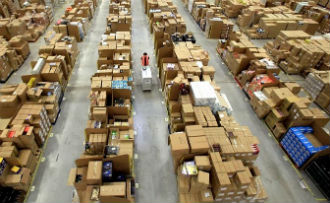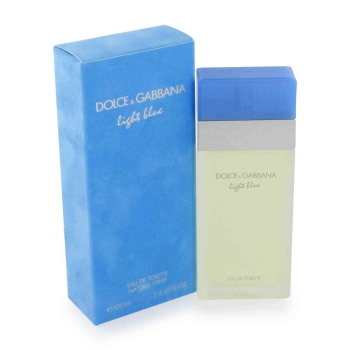 According to the latest BRC figures, total retail search volumes grew 16 percent in the first quarter of 2013 compared to a year ago. However, search volumes on mobile devices are skyrocketing. Growth on smartphone devices is estimated at 66 percent, while the volume of searches coming from tablets grew by a staggering 198 percent.
According to the latest BRC figures, total retail search volumes grew 16 percent in the first quarter of 2013 compared to a year ago. However, search volumes on mobile devices are skyrocketing. Growth on smartphone devices is estimated at 66 percent, while the volume of searches coming from tablets grew by a staggering 198 percent.
The numbers should come as no surprise, as the high street had a rather miserable quarter and quite a few consumers chose to do their shopping online. The horrible weather also had a lot to do with it.
Helen Dickinson, Director General, British Retail Consortium, said the figures confirm tablets and smartphones are becoming increasingly integral to the shopping experience for many consumers.
“It’s easier than ever to compare prices and products online, and retailers are continuing to invest in their websites and their ‘omnichannel’ offer so that customers have choice, convenience and flexibility when they shop,” said Dickinson. “The retail search data also closely mirrors the sales performance across different categories in March. It’s clear that the prolonged cold snap held many of us back from both browsing and buying new-season clothing lines until some sunshine arrived.”
Google Retail Director Peter Fitzgerald described the results as a “strong start to the year,” pointing out that retail queries grew by 16 percent year-on-year.
“This growth continues to be fuelled by the multi-device trend we are experiencing. Tablet queries grew nearly three times compared to the same period last year, whilst mobile traffic grew at 66 per cent,” he said.
Fitzgerald said the positive trend is set to continue into 2013, as more and more users embrace multiple smart devices. He also added that British brands did relatively well overseas, with searches up 16 percent across the globe and 75 percent in America.



















